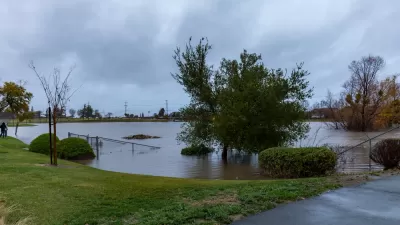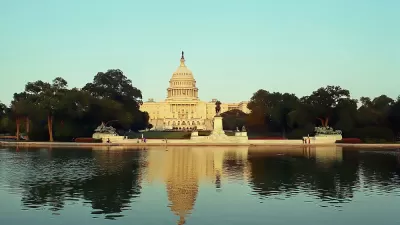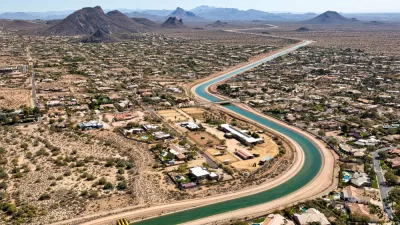Indian cities boast of huge GDP contributions, but cannot fulfill the basic needs of their citizens, such as providing safe drinking water. Central government funding has enabled some improvements in the urban water sector, but much more is needed.
In his article 'Managing our cities' waters', Mr. M Ramachandran, a former secretary with the Ministry of Urban Development in India, is both critical and hopeful about the country's urban water sector.
Citizens of India are deprived of access to drinking water, while at the same time about 50 percent of water put into distribution is lost and not billed for. This loss due to leakages, theft, defective meters or unbilled supply, exhibits the poor management of water utilities in Indian cities. It also gives a picture of ineffective local and state governments lacking in accountability and transparency.
Estimates show that about '45 million cubic metres of water are lost daily' - enough to supply 200 million people. Investments should be made in the area of repair and infrastructure upgrades to prevent leakage. One gets hopeful after seeing examples of cities like Nagpur and Surat that have piloted 24X7 water supply projects and institutionalized water reforms, respectively. Nagpur city is saving millions of rupees just by reducing transmission losses and enhancing pumping efficiency.
With planning for the mega-urban scheme of India, the JNNURM (Jawaharlal Nehru National Urban Renewal Mission), focusing on its next phase, there is much hope for the Indian urban water sector to focus on efficient water management. The focus must be to improve the existing infrastructure before proposing investment in new projects. Who knows, very soon, the distant dream of having a reliable 24X7 water supply might become a reality for the citizens in India.
Thanks to Kanak Tiwari
FULL STORY: M Ramachandran: Managing our cities' water

Planetizen Federal Action Tracker
A weekly monitor of how Trump’s orders and actions are impacting planners and planning in America.

Restaurant Patios Were a Pandemic Win — Why Were They so Hard to Keep?
Social distancing requirements and changes in travel patterns prompted cities to pilot new uses for street and sidewalk space. Then it got complicated.

Map: Where Senate Republicans Want to Sell Your Public Lands
For public land advocates, the Senate Republicans’ proposal to sell millions of acres of public land in the West is “the biggest fight of their careers.”

Maui's Vacation Rental Debate Turns Ugly
Verbal attacks, misinformation campaigns and fistfights plague a high-stakes debate to convert thousands of vacation rentals into long-term housing.

San Francisco Suspends Traffic Calming Amidst Record Deaths
Citing “a challenging fiscal landscape,” the city will cease the program on the heels of 42 traffic deaths, including 24 pedestrians.

California Homeless Arrests, Citations Spike After Ruling
An investigation reveals that anti-homeless actions increased up to 500% after Grants Pass v. Johnson — even in cities claiming no policy change.
Urban Design for Planners 1: Software Tools
This six-course series explores essential urban design concepts using open source software and equips planners with the tools they need to participate fully in the urban design process.
Planning for Universal Design
Learn the tools for implementing Universal Design in planning regulations.
Heyer Gruel & Associates PA
JM Goldson LLC
Custer County Colorado
City of Camden Redevelopment Agency
City of Astoria
Transportation Research & Education Center (TREC) at Portland State University
Camden Redevelopment Agency
City of Claremont
Municipality of Princeton (NJ)





























